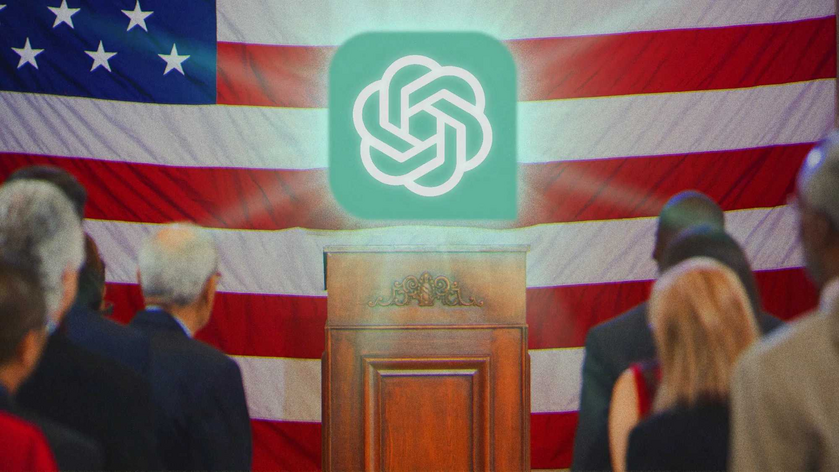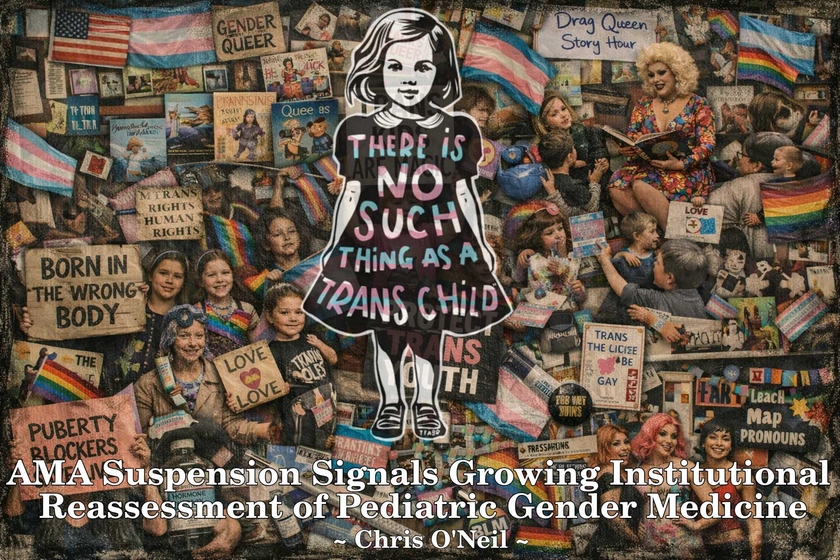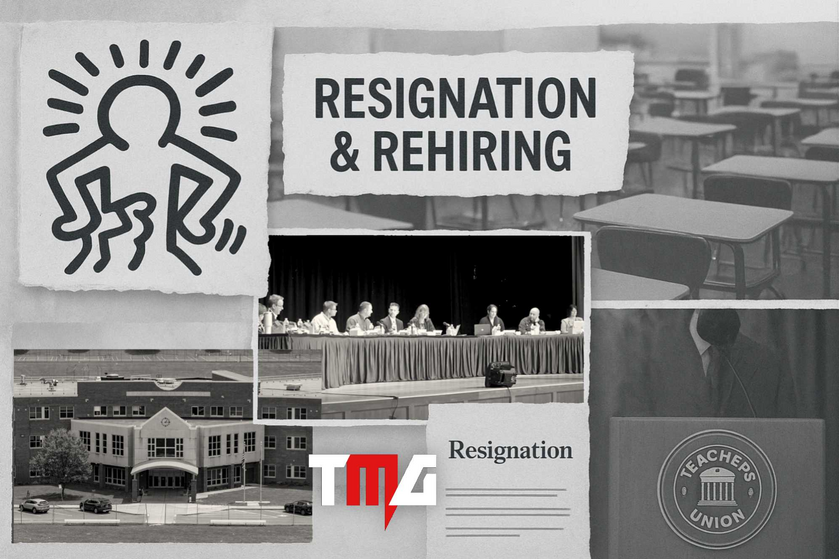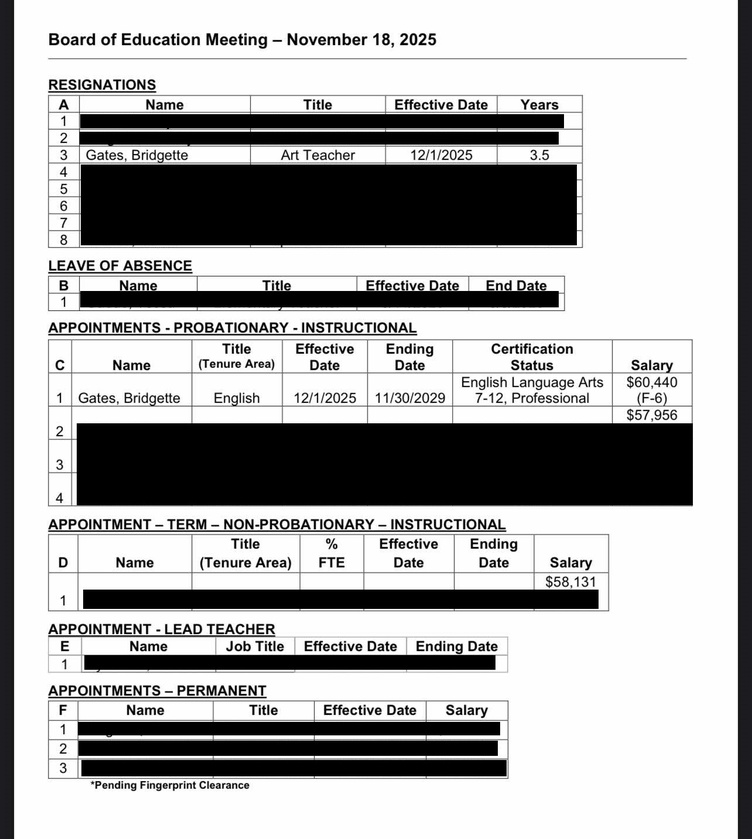They offer condolences, call for justice, and promise accountability — all in the polished, passionless language of a press release that could have been typed by a bot. And increasingly, it is. As artificial intelligence quietly slips into the backrooms of political offices and campaign war rooms, the public is left asking a question that should shake every voter to their core: are we still electing human beings, or are we electing whatever version of them their comms team feeds into ChatGPT? When a governor responds to a death in custody with a statement that could’ve been copy-pasted from a policy handbook, we’re no longer hearing from leaders — we’re hearing from machines designed to say the “right thing” and nothing more. It’s not just disingenuous. It’s dangerous.
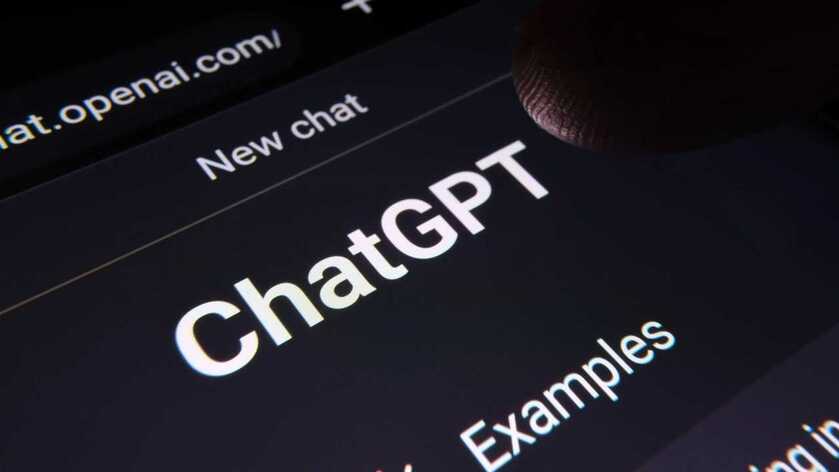
It’s not hard to spot the seams. Statements are padded with vague empathy, strung together with bureaucratic buzzwords, and wrapped in that unmistakable sheen of algorithmic neutrality. They read like something designed to be skimmed, not felt — optimized for damage control, not truth. AI doesn’t flinch at injustice. It doesn’t grieve for the dead. It doesn’t weigh the moral consequences of silence or inaction. Yet it’s quickly becoming the mouthpiece of our elected officials, who are more than happy to hide behind its glassy polish. Why take a real stance — with all the risk and humanity that entails — when a chatbot can churn out a centrist non-answer in five seconds flat?
Take, for example, the case of UK MP Luke Evans, who openly admitted in 2023 to using ChatGPT to draft parts of a speech in Parliament. While his admission was framed as a cautionary tale about the power of AI, it raised an uncomfortable question: if even elected officials can lean on AI to craft their public messages, what happens when we, as voters, can’t even be sure if the words we’re hearing are coming from the person we elected or from an algorithmic echo of their public persona? And it’s not just MPs across the Atlantic. Here in the United States, several congressional offices have quietly experimented with AI tools to write press releases, speeches, and even constituent replies. The result? Polished, professional-sounding statements that sound “right,” but lack the unpredictability, the personal flaws, the raw conviction of a true leader. Instead of standing in front of us with a microphone, politicians are standing behind a screen, letting AI fill in the blanks between their carefully curated, image-conscious soundbites.

At what point does delegation become deception? There’s a fundamental ethical breach when public officials outsource their voice to machines without disclosure. Voters aren’t just choosing policies — they’re choosing judgment, temperament, and trust. If those qualities are being simulated by predictive text engines rather than shaped by lived experience, then the democratic process itself is being quietly undermined. When an AI tool drafts a statement about a police shooting, a prison death, or a community tragedy, it’s not just offensive — it’s hollow. It removes the weight of human accountability and replaces it with an illusion of responsiveness. There is no soul in synthetic sympathy. And when officials let AI shoulder the burden of emotional labor, they’re not just using technology — they’re using it to hide.
The consequences are already unfolding in plain sight. When statements are stripped of personality and processed through the same risk-averse filter, the result is a chilling sameness — different names, same apologies, no accountability. Public trust erodes when citizens can’t tell whether their leaders actually believe what they’re saying, or if they’re just reciting AI-generated lines. And without authentic voice, there's no emotional stake — no indication that a leader has grappled with the weight of a crisis, or even cared to. This leads to a dangerous vacuum where:
Accountability is outsourced — Leaders can distance themselves from the very words they publish.
Empathy becomes performative — Grief and outrage are reduced to a formula.
Public discourse is diluted — Bold ideas and moral clarity are smoothed into safe, sterile PR.
Dissent is blunted — AI doesn’t challenge power; it replicates it.
Democracy is cheapened — Elections become pageants of branding, not judgment.
When everything sounds like it was written by the same tool, it doesn’t matter who holds the office — the voice is the same. And maybe that’s the most terrifying part.
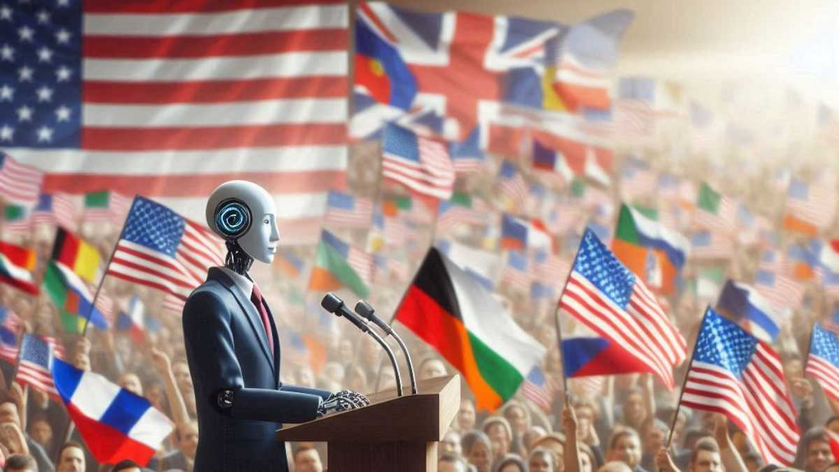
It’s not hard to imagine the near future. A governor’s voice is generated in real time by AI to deliver pre-recorded messages “tailored” to each audience. A candidate’s entire campaign is algorithmically generated — slogans, platforms, even photo ops designed for maximum engagement across every demographic. Debates become irrelevant, interviews are filtered, and public appearances are deepfaked into perfection. At some point, voters are no longer choosing between human beings with beliefs, histories, and flaws — they’re choosing between branded avatars, each polished to artificial brilliance by unseen teams and synthetic speech. The human messiness that once made leadership real — the slip-ups, the passion, the fire — is gone. All that remains is a voice that says the right thing, at the right time, with no one left to hold responsible when it all goes wrong.
But it doesn’t have to be this way. If there’s one advantage to this strange, synthetic moment, it’s that we can still see the cracks — and call them out. We can demand more from our elected officials than canned statements and polished scripts. We can ask them to speak plainly, to stumble, to get emotional — to be human. Transparency laws could require disclosure when AI is used in official communications. Journalists can press for the origin of every “official” quote. And voters can stop rewarding robotic perfection and start valuing authenticity again, even when it’s messy. Especially when it’s messy. Because democracy doesn’t need another perfectly worded press release. It needs people — flawed, present, and unfiltered — who are brave enough to speak for themselves.
